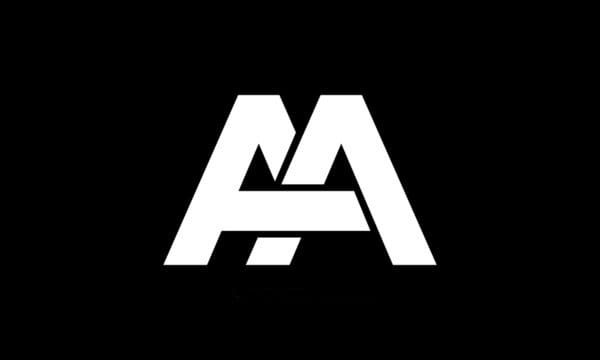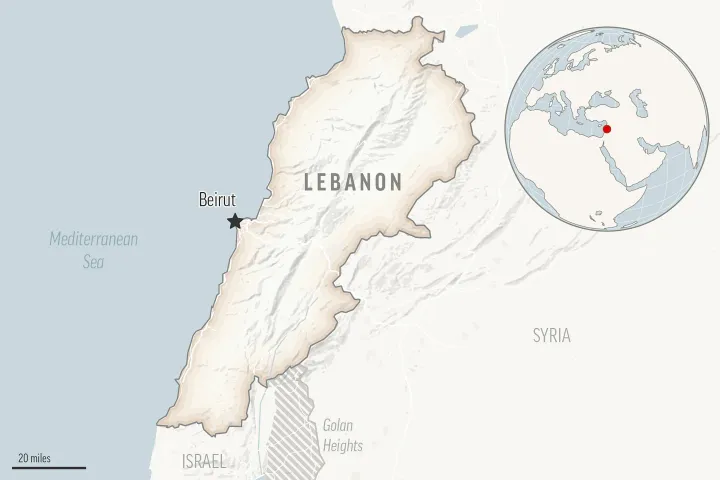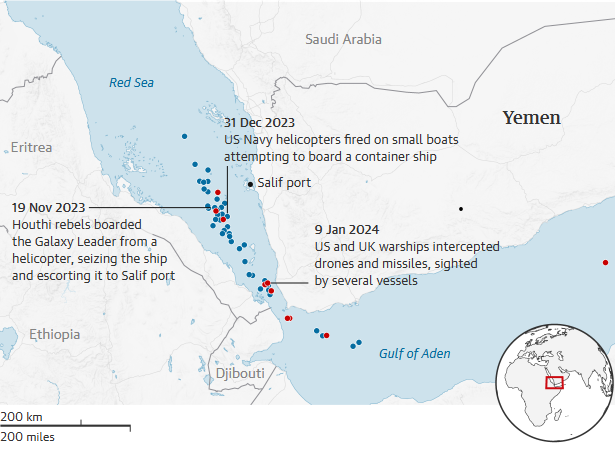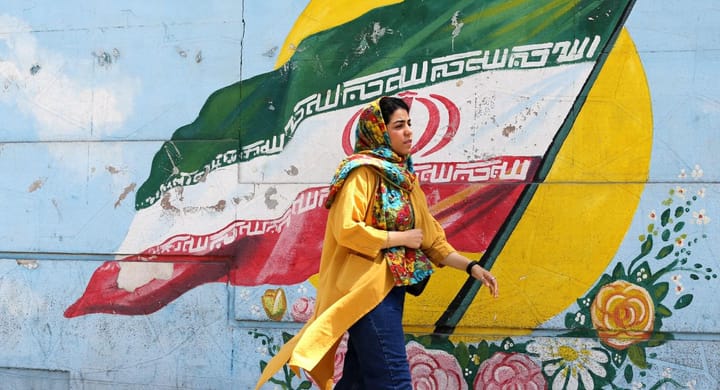Hezbollah Turns on the Iranian Regime: The IRGC’s Foreign Wars Have Brought Strategic Disaster to Iran
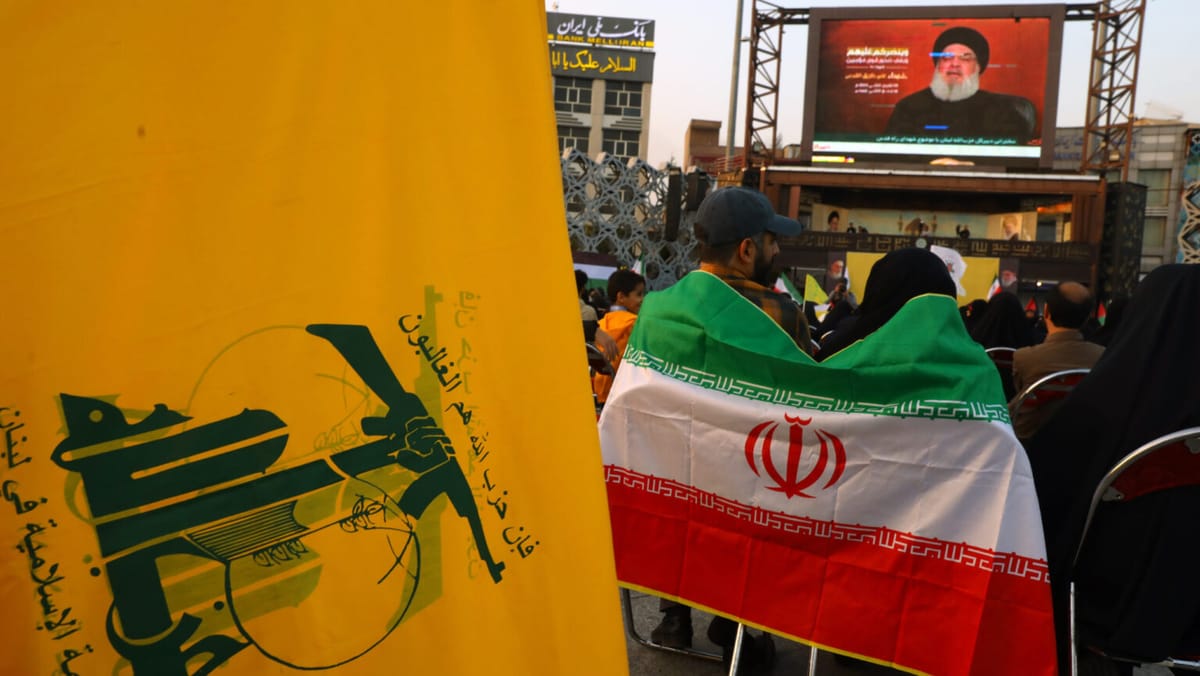
Key Points:
1. Hezbollah refused to support Iran during Operation Rising Lion due to feelings of betrayal during the 2024 Israeli offensive on Hezbollah bases in south Lebanon.
2. Iran's "Ring of Fire" defensive strategy has backfired since October 7, 2023, and this has exposed deep-seethed rifts in Arab-Persian relations many centuries before Israel was founded in 1948.
3. Iran’s limitation as a state actor has been exposed and they are likely to focus on their internal matters without engaging in proxy-driven export of violence around the world.
Introduction
During the 12-Day War between Israel and Iran, Hezbollah did not fire a single rocket into Israel. This is a huge departure from the trigger-happy Hezbollah Jihad Council over the years. On the surface, it appears the Lebanese government warned Hezbollah not to break the ceasefire or escalate the violence[1]. However, Hezbollah never heeded to the fragile Lebanese government over the years. Yet, they stayed back and did not support Iran with a single military effort. This article critiques the underlying issues that Operation Rising Lion has revealed in Israel.
According to Professor Mordechai Kedar an Israeli expert in Arabic and the Middle East, the June 13th attack ignited incitement and anger among Hezbollah members. The talk in Hezbollah circles is that “Persians hate Arabs, that is why Iran did nothing when Israel attacked southern Lebanon in late 2025”[2]. The logic is that the Iranians gave Hezbollah (many of them ethnic Arabs) weapons to attack Israel and provoke anger. However, when Israel attacked Hezbollah territories, Iran did not fire any of their thousands of ballistic missiles at Israel. Thus, they felt a sense of betrayal and abandonment. All because Iran did nothing when Israel attacked Hezbollah.

Betrayal is a serious issue in the Middle East. Thus, Hezbollah stood back and allowed Israel to attack Iran without any attempt to end it. This is a resurrection of deep-seethed hatreds that exist in the Middle East. These hatreds predate the founding of the modern state of Israel by many centuries.
Strategic Blunder of Iran’s “Ring of Fire”: Evil Self Destructs
Iran's motive for arming Hezbollah, Hamas, and Houthis was to defend Iran[3][4]. These non-state actors could be easily mobilized through the common hatred they all harbor towards Israel. Militarily, these groups were willing and able to launch asymmetrical warfare attacks with little to no liabilities for Iran. Diplomatically, the Iranian regime’s support of these armed militant groups boosted their popularity in the Islamic world to the disdain of the governments of Arab states like Egypt, Saudi Arabia, and Jordan.
Thus, it was generally acceptable within Iran to support and fund Hezbollah, Hamas, and the Houthis as Iran’s first line of defense.
On the other hand, these radicalized non-state fighting forces are driven by passion and sentiment. Anyone who hated Israel enough could be given a gun to join the war to destroy Israel militarily. A cattle herder, peasant farmer, butcher, meat truck driver, unemployed youth, tailor, or teacher could just enlist in Hamas, Hezbollah, or the Houthi militia and feel they are contributing to the destruction of Israel.
Furthermore, the unnecessary and artificial problematization of Israel in the Middle East and the Islamic world has been exaggerated so much that it remains the one single issue that a rogue regime can use to unite terrorist groups around the world. Israel has not done even a minute fraction of what it has been accused of in the Middle East and the Islamic world. However, many dictatorships and rogue regimes have built on the universal hatred of Israel that has been propagated around the Islamic world for many years.
In effect, while Iran sought survival and self-preservation by funding Hezbollah, Hamas, and the Houthis, they did not have the power of the passion and hate-mongering these groups wielded on the ground. In an air of "holy indignation", any falsehood peddled against Israel was considered "truth"[5][6]. This is something the Iranian regime could not control.
Thus, the tension between the autonomy of these terrorist groups and their unending hatred and violence against Israel came in direct conflict with Iran's idealistic view of using Hamas, Hezbollah, and the Houthis to defend their territory. This has been flagged by Hezbollah who in hindsight calculated that Iran deliberately armed them and put them in harm's way with no intention of protecting them when Israel attacked.
Lebanese political commentator, Tawfiq Shoman stated at the beginning of Israel's attacks on Iran that the logic of statehood demands that Iran's response come from Iran as a state – not from a third-party group[7]. While Tawfiq Shoman has proven himself to be an objective and critical analyst of issues in Lebanon, it seems his position on Hezbollah and all Lebanese citizens sitting out in Israel’s attack on Iran was accepted by all Lebanese, including the Shiite community. That is a natural result of the fact that Iran did nothing to confront Israel when Israel launched an offensive against Hezbollah in south Lebanon, destroying Lebanese infrastructure, and running down the already struggling economy further.
October 7th Exposed the Arab-Persian Rift
Hezbollah members argued that they gave their uttermost support to Hamas in the earliest hour of the commencement of hostilities on October 7, 2023[8] – yet Iran did not come to Hezbollah’s aid when Israel struck a year later. Thus, abandonment was a major issue in the memory of Hezbollah supporters. Thus, Hezbollah and other members of Iran's "Axis of Resistance" felt Iran could not be trusted.
On the other hand, Iranian regime officials were upset that Hamas launched the October 7 attacks without seeking approval from the Iranian regime. In fact, this was an incident that caused Iran to recall and question an IRGC leader, Esmail Qaani for failing to keep Hezbollah and Hamas in check.
In truth, before October 7, Hezbollah was floating the idea that a day will come when Hamas, Houthis, and Iran will launch a simultaneous attack on Israel. Again, this is part of the uncontrollable incitement and propaganda of Iran’s proxy groups. This was a risk the Iranian regime neglected while funding these groups.
Hamas, which is a radicalizing machine, spread the notion of a joint Iran-Hezbollah-Hamas attack that would bring an end to Israel. Hamas nurtured this idea in the hearts and minds of Gazans.
On the other hand, this propaganda was based on pure passion and hatred for Israel. There was no clear structure – however, like many other emotion-driven hate ventures, Hamas believed that by launching an attack on Israel with Iranian weapons, Iran would respond and bring on the entire Islamic world against Israel.
Hamas officials like Khalid Meshaal who knew the facts on the ground were distant from Iran and its Axis of Resistance ideology.[9]. However, Ismail Haniyeh, Yahya Sinwar, and other Hamas leaders, blinded by hate had no reservations about following through with collaboration with Hezbollah and Iran.
October 7th was opportunistic.
The October 7th attacks were approved by Ismail Haniyeh whose announcement stated that the end of days has come. Thus, the idea was to ignite the war that would cause Iran to join the fight.
The next day, October 8, 2023, Hezbollah joined the attacks.
While Hezbollah and Hamas did not expect any direct consequences – except for a violent attack from Israel, Iran knew there would be consequences.
As a sovereign state, Iran could not just fire ballistic missiles at Israel and not put its 90 million civilians in danger. This was why Iran started balancing its stakes. Thus, the two issues came head-on:
1. Iran’s defense question, and
2. Hezbollah and Hamas’ autonomy and understanding that their role is to ignite the war.
Israel Surprised Them
October 7th, 2023 was a surprise to all parties. Hamas did not expect to cause so much damage without being stopped. So they just continued until Israel struck back.
When Israel struck back, it was beyond what anyone expected. Israel’s response was swift, deadly, and extensive. This could not be condemned because the damage Hamas wrought was excessive.
Ultimately, the pressure reverted to Iran. The defensive wall they envisioned had put them directly into a military confrontation with Israel.
Hamas and Hezbollah expected Iran to strike Israel. However, this was not forthcoming. Each time Iran tried attacks on Israel, the response was immense and showed that the Iranian regime had a lot more to lose if they ever attacked Israel. This was a reality Iran could see through which Hamas and Hezbollah could not understand.
At the onset of Israel’s direct attack on Hezbollah’s bases in southern Lebanon, Hezbollah commentators questioned “Iran’s true role in the conflict”[10]. They expected Iran to act decisively and “fulfill” the imagined promise Hamas and Hezbollah members cooked up and shared with the Palestinian and Lebanese public.
The more Israel showed its military might, the more Iran decided to sit out of the war. Hence, at the end of Israel’s operations in Lebanon, it was apparent that Hezbollah was not going to be Iran’s pawns anymore. That explains why Iran shifted its focus on the Houthis when the rockets in Lebanon fell silent.
Operation Rising Lion was also an opportunity for Hezbollah to sit back and cause Iran to feel what they felt when they came under Israeli attacks. This will inevitably serve as a lesson to agentic militant groups and states that sponsor them.
Conclusion
Iran intended to use Hamas, Hezbollah, and the Houthis as the first line of defense. However, these groups were driven by extremism and excessive radicalization. On the ground, Hamas and Hezbollah saw themselves as igniters of a regional war that Iran would follow through. This was not what Iran envisioned. Thus, Hezbollah felt betrayed when Iran failed to show up when they came under Israel’s direct attack. In return, Hezbollah felt the need to sit out during Operation Rising Lion. Thus, it is natural to state that Iran’s state sponsorship of Hamas and Hezbollah yielded a lose-lose outcome for all involved. This reiterates our position on the Middle East. States need to focus on their internal structure and take an objective position against funding terror proxies.
[1] Euan Ward. "Lebanon, Eager to Stay Out of Israel-Iran War, Warns Hezbollah Not to Join the Fight" New York Times. Published: June 17, 2025. Available at: https://www.nytimes.com/2025/06/17/world/middleeast/lebanon-israel-iran-war-hezbollah.html
[2] FIDF. "FIDF LIVE Briefing: Lt. Col. Dr. Mordechai Kedar, Vice President of NEWSRAEL - June 26, 2025" Available at: https://www.youtube.com/watch?v=8U97U2-_3kI
[3] David Marcel Sip. Brothers in the Axis of Resistance or Pawns? Iranian proxy warfare, 1979-2019. Trent: University of Trent, 2024
[4] Katherine Zimmerman. Yemen’s Houthis and the Expansion of Iran’s Axis of Resistance. Washington, DC: American Enterprise Institute, 2022
[5] Raphael Israeli. Hatred, Lies, and Violence in the World of Islam. New York: Routledge, 2017
[6] Melanie Phillips. The World Turned Upside Down: The Global Battle over God, Truth, and Power. New York: Encounter Books, 2011
[7] Najia Dahsha. "Experts Assess Hezbollah's Position on Israel's Bombing of Iran for Al Jazeera Net." Al Jazeera Net. Published: June 13, 2025. Available at: https://www.aljazeera.net/politics/2025/6/13/خبراء-يقيمون-للجزيرة-نت-موقف-حزب-الله
[8] Al-Taie, Sadiq. "Has Iran Abandoned Hezbollah?" Published: September 29, 2024. Available at: https://www.alquds.co.uk/هل-تخلت-إيران-عن-حزب-الله؟/
[9] Alestiklal. "Despite the Support, Why Does Khaled Mashal Insist on Criticizing Iran?" Published: 2021. Available at: https://www.alestiklal.net/en/article/despite-the-support-why-does-khaled-mashal-insist-on-criticizing-iran
[10] Al-Taie, Sadiq. "Has Iran Abandoned Hezbollah?" Published: September 29, 2024. Available at: https://www.alquds.co.uk/هل-تخلت-إيران-عن-حزب-الله؟/

